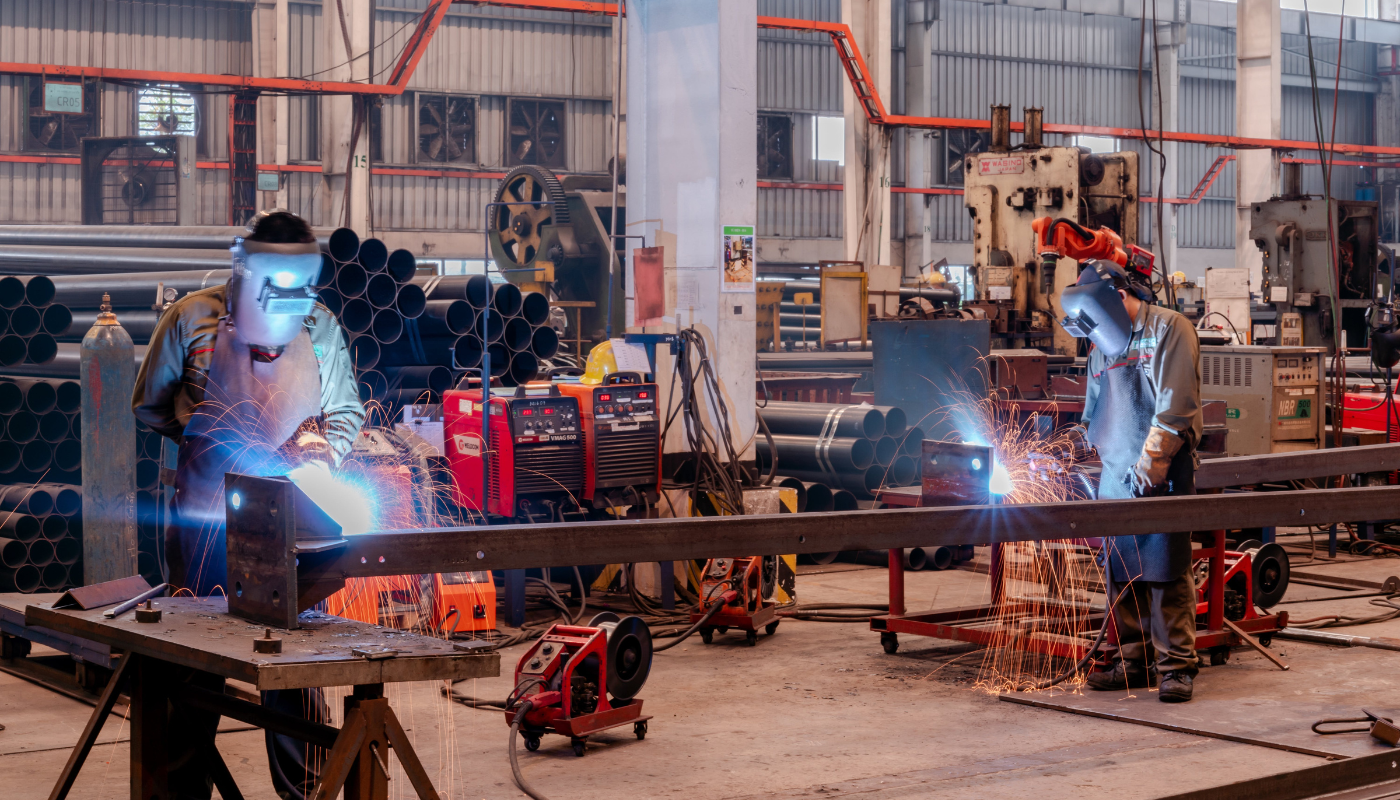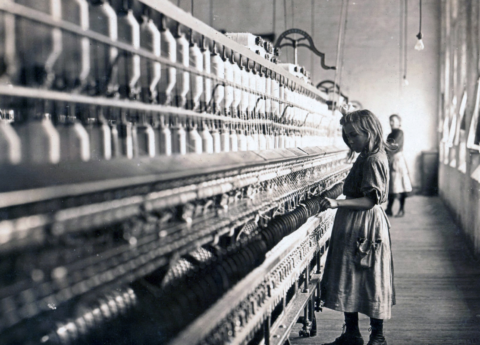Fruit of the Loom apparel plants once dotted the Kentucky landscape, with 11,000 workers at factories in Jamestown, Frankfort, Campbellsville, Franklin, Greensburg, Princeton and Bowling Green. In 1987, the company was the state’s second-biggest manufacturer. But over time, Fruit of the Loom began closing plants and moving production to lower-wage countries like Honduras, Haiti and Vietnam. By 2014, all production in the state was gone.
These plant closings were devastating for laid-off workers and their communities. And they were the result of a bipartisan consensus around trade that prioritized the bottom line of powerful corporate interests above all else. President Donald Trump has long recognized the public anger from such trade policies and is now using it to impose high and blanket tariffs on imports.
While selective tariffs can make sense as part of an industrial policy targeting strategic sectors, the chaotic, broad-based policies the president has rolled out threaten to weaken the economy, raise prices for consumers and harm Kentucky industries without helping address the nation’s enormous trade deficit.
The era of a growing U.S. trade imbalance began in the 1970s with deregulation of the international flow of capital. The trend grew with passage of the North American Free Trade Agreement (NAFTA) in 1994 and greatly accelerated when China joined the World Trade Organization in 2001.
Between 2000 and 2010, Kentucky lost a net 100,000 manufacturing jobs in total, 1/3 of what we had 10 years earlier. The state lost an estimated 45,400 net jobs directly from the China shock and at least 12,100 from NAFTA. Especially hard-hit was employment in computer and electronic parts, metal products and machinery, apparel, furniture and textiles.
Politicians and many economists claimed these changes would be good for all of us. But while consumers got cheaper goods from Wal-Mart, towns were hollowed out, families went bankrupt and deaths of despair rose from drugs, alcohol and suicide. Proponents said the government could always compensate those who lost jobs with financial assistance and retraining. But the money never came, and the training was often a dead end.
Meanwhile the big winners from the shift of jobs overseas were Wall Street, which attracted foreign financial investment from the overvalued U. S. dollar; manufacturing companies that made higher profits off cheaper labor in other countries; and corporations that weakened American unions by using the threat of closure to frighten organizing efforts and win concessions.
There are smart ways to change course and use industrial policy – including selective tariffs – to address the yawning trade deficit and make things better for domestic and foreign workers. Policies could help support strategic industries like autos, steel, energy and semiconductors through public investment, research and development, and union-partnered workforce training in addition to targeted tariffs.
That can help bring back more manufacturing to the U. S., needed not just for jobs but because of its proven linkage to innovation and to build more resilient supply chains that were so clearly lacking in the pandemic. At the same time, we can engage in mutually beneficial trade while better conditioning access to U. S. markets on protection of labor rights and the environment in other countries, helping improve what are often horrifically exploitive working conditions.
But that’s not what is being rolled out. The on-again-off-again and blanket nature of the new tariff policy is creating economic uncertainty that is slowing consumer spending and business investment. The us-against-the-world nature of the tariffs and the bullying trade war stance are already hurting U. S. exports that are facing retaliatory tariffs in industries like Kentucky bourbon. High, comprehensive tariffs can also further increase the value of the dollar and make Kentucky-made products that contain foreign inputs more expensive, hurting U. S. manufacturers and farmers further.
And the cost of tariffs is likely to be passed down to consumers at a time when many are rightly concerned about inflation and the unaffordable prices of basic household goods. At the same time, the administration’s domestic policies are weakening workers’ bargaining power through attacks on unions and undermining the public investments needed in an effective jobs policy by gutting federal agencies.
Failed trade policies have created the political room for what the president is now doing. It will take recognizing the ways this policy is the wrong answer to the right question to discover what Kentuckians truly need.
This column ran in the Kentucky Lantern on April 2, the Lexington Herald-Leader on April 4 and The News Enterprise on April 5.




